Growing older and giving back better
We are delighted to present the ninth anniversary issue of ELT Choutari. This is a legacy of work and inspiration of scholars at home and abroad for sustaining a forum and building new knowledge on relevant issues in ELT and on education more broadly. In 2017, we were able to publish two strong issues on ICT in education and language planning and policy. While we have published less often recently, we remain inspired to present high-quality scholarship through this venue. We are committed to regularising the publication of Choutari and we encourage our readers to share their work.
As we celebrate the ninth anniversary of “Nepal’s first digital ELT magazine,” this issue covers the subject of “ELT Curriculum and Materials in Nepal: Process, Quality, and Learnability”.
The curriculum is an area that needs the attention of scholars and policy-makers alike. Curriculum Development Centre (CDC), Nepal states that only the materials produced by it are textbook, whereas the materials published by private publication are called additional reading or reference materials. Students of private schools around the country are reading these additional reading/reference materials as the textbooks except for district and regional level exams in class eight and ten respectively. Big private publishers supply a large amount of such additional reading materials to schools around the country and those materials have their own characteristics. The additional reading materials available in the market do not show that their quality is controlled (or the national benchmark set) by the CDC, which is one of its primary roles.
Private publishers seem to believe that if their materials are thicker and heavier, they are better. Therefore, they include more material, in fancier format, for better ‘branding’, loading more materials beyond the expectations of the curriculum and levels of students. As a result, the current curriculum (unfortunately defined narrowly as textbooks) puts almost cruel and educationally absurd pressure on young students. Most of our teachers and parents strictly stick to the materials, rarely adapting the materials but instead just trying to “finish” the book by the end of the term (as their schools and parents also want them to do). It rarely matters whether the material is good, if it is relevant to course objective, or if it is appropriate and learnable to the students–not to mention how the approach undermines the ingenuity of the teacher.
Students are judged on the basis of how much of the material–however bad–they can ‘master’ through memory, rather than by understanding and using meaningfully. It is saddening to see the absolute power of developers, public officials, and school administrators, most of whom are both uninformed and uninterested in issues like this–while they love to lead the education sector. Who has time to think about boring issues like this, right? The intellectual development of students, meaningfulness of curriculum from social perspectives, role, and the ability of educators in the classroom is ignored. What really matters is whatever glitters!
On the other hand, textbooks published by the government are far from ideal. They may have been strictly based on the curriculum of the government and appropriate to the average students but does their content address the needs of students with different levels and types of abilities? Likewise, is there variety in activities? Are the lessons attractive and engaging for them? Do they try to tap into the teacher’s own ideas and ingenuity? Do the materials published especially by private publication undergo quality control? Are writers and developers sufficiently knowledgeable about curriculum and pedagogy, about benchmarks and reality on the ground, or even the subject matter? Are others involved in the publication process–such as illustrators and graphic designers–trained and qualified? What is the role of the national body of curriculum and textbook CDC to produce such manpower? Are our learners reading truly appropriate and learnable curricular materials? Or have we given in to the whims of the market and fashion as a nation?
Thus, curriculum–in both narrow and broad senses of the term–is an important issue that needs a lot more attention in our scholarship. It is in this context that this issue of Choutari focuses on ELT curriculum and materials in Nepal. Our writers and hopefully readers are also involved in this discourse, and we hope to generate more conversations around this topic in the future.
In the first post, Prem Prasai shares A teacher’s practice and perception on English language textbook of secondary level based on his day to day experience as a textbook user.
In the second post, Bishow Raj Joshi shares his journey from a teacher to English language textbook writer including the process, achievements, and challenges of developing textbooks.
Likewise, in an interview, Bal Ram Adhikari shares his experiences of a higher level course developer including the process, trends in course development, his observation on the available courses, prospects, and challenges of course development.
Similarly, in another post, Ramesh Ghimire, a Curriculum Officer at Curriculum Development Centre (CDC) shares his observations on the ELT textbooks in the market and the process and policy of CDC.
On the other hand, Bal Krishna Sharma in another post sheds light on the two ‘tremendously useful’ books the English teachers.
The next post is a survey on students reading habits on the non-textbooks translated by Praveen Kumar Yadav based on the survey conducted by Research and Analytics. It explores the interests of students in the non- textbooks, their reading habit, the role of teachers and parents to promote reading non-textbooks, the popular genre among students etc.
In the quest of offering you something innovative and engaging, we have stepped up to offer you an audio-visual interview. In the interview, Dr. Vishnu S. Rai shares his journey of developing textbook, the inception of the functional curriculum in ELT in Nepal, the quality and learnability of the available textbooks and materials in the market, and the future of ELT curriculum and materials.
Last not the least, we have an announcement made by Dr Prem Phyak for our readers about the first ever annual ELT and Applied Linguistics Conference, organized by Department of English Education, Tribhuvan University Nepal.
Likewise, it gives us the joy to share you that ELT Choutari has launched its own YouTube Channel ELT Choutari- YouTube in order to share the audio-visual resources and thus expanding the horizon of ELT Choutari. We are very hopeful that you will subscribe our channel and stay updated.
Please check the list of the eight posts in this issue:
- A Teacher’s Practice and Perception on English Language Textbook of Secondary Level: Prem Prasai
- My Journey to Become a Textbook Writer: Bishow Raj Joshi
- We’re Still Toddlers in Designing Materials for University Level: Bal Ram Adhikari
- Parents & Students Have no Choice in Materials Selection: Ramesh Ghimire
- More to ELT: Two Books on Language Education and Communication: Bal Krishna Sharma
- [SURVEY] Reading Habit: Do our students read the books outside the textbooks?,translated by Praveen Kumar Yadav
- (VIDEO) Dr Vishnu S. Rai in Conversation with Dr. Prem Phyak on ELT Textbook and Materials Writing in Nepal
- [Announcement] First Annual ELT & Applied Linguistics Conference 2018, Prem Phyak
I would like to say thanks to all the founders of ELT Choutari and the past editors; we’re building on the legacy you’ve passed on to us. I am very grateful to Dr. Shyam Sharma for help with editing, to Praveen Kumar Yadav for support with materializing this issue, and to fellow Choutari editors (Karna Bahadur Rana and Ashok Raj Khati) for their contributions and leadership.
Please remember to leave a comment on what you read, share anything you like with your network, and to consider contributing your own writing in the future.
Thank you.
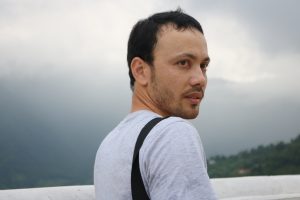
Jeevan Karki
Lead Editor, ELT Choutari, New Year Issue, 2018
Like this:
Like Loading...

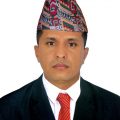
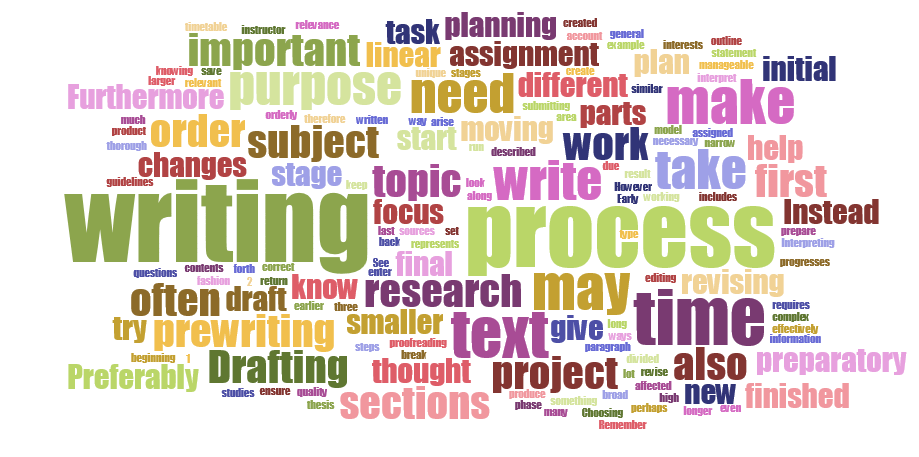


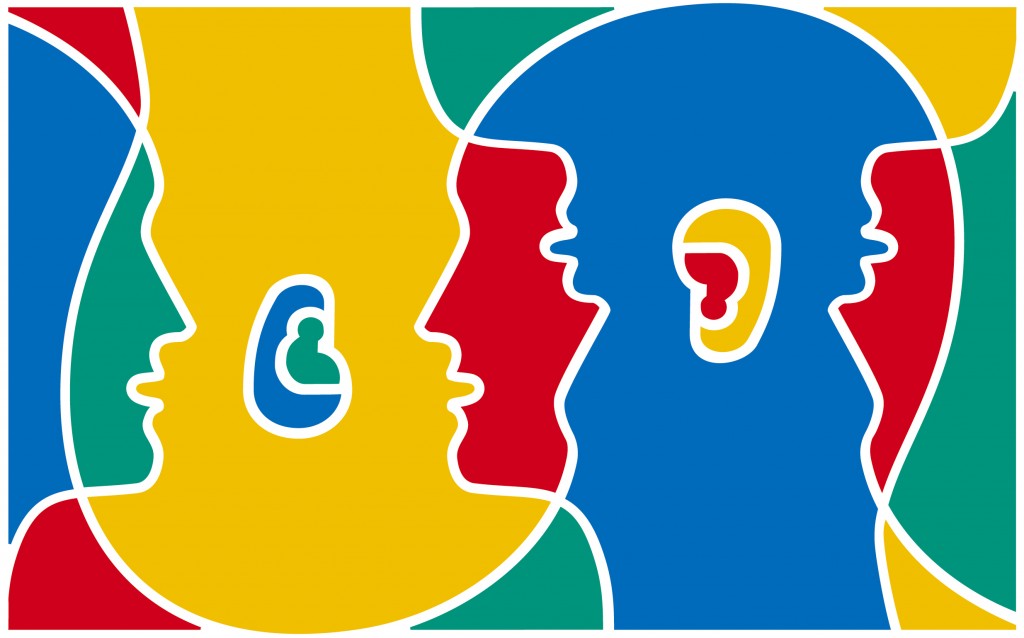
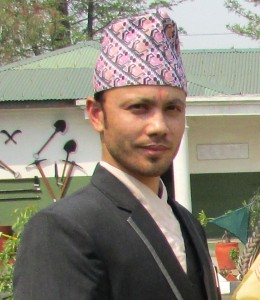
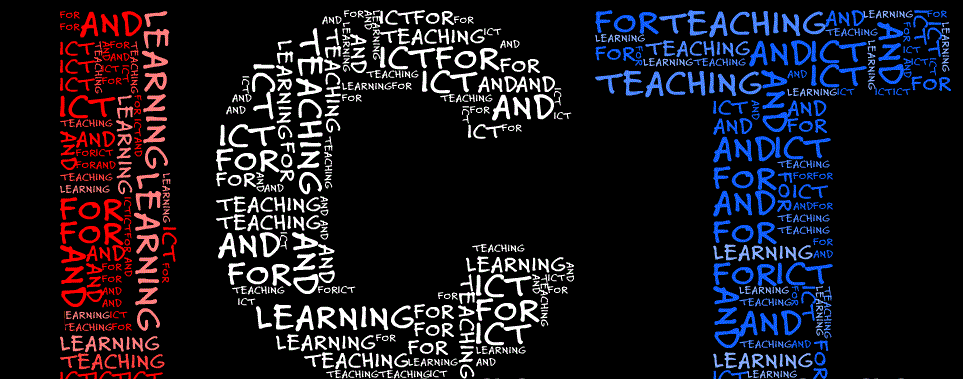 Dear teachers, educators and learners,
Dear teachers, educators and learners,

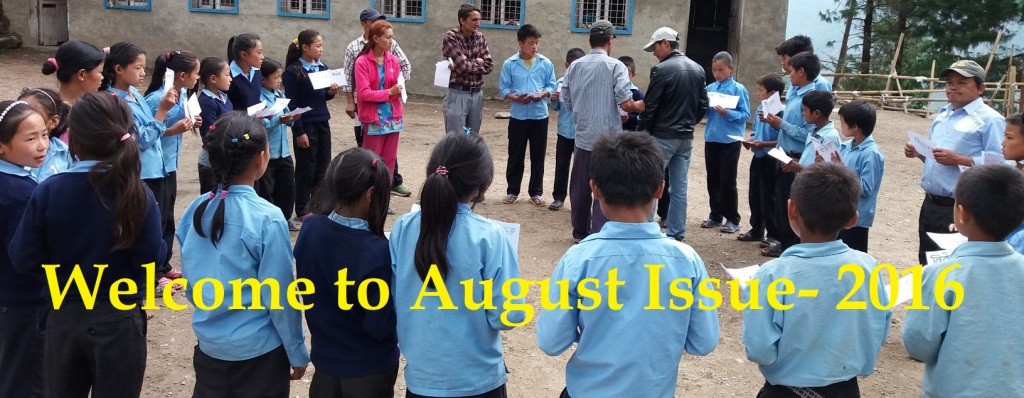
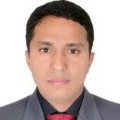
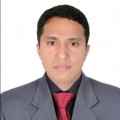
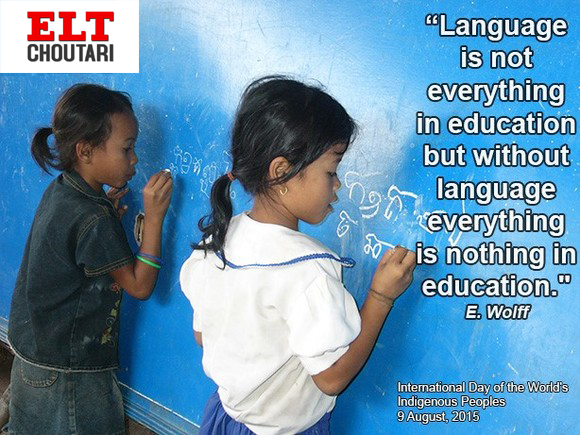

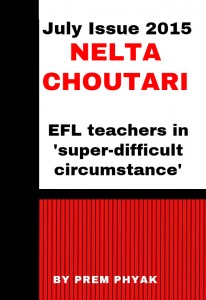 In another article, Dinesh Thapa shares with us his own involvement in the relief and recovery operations in the earthquake-affected areas. He begins with telling his own story and discusses empirical findings about how people are affected by the earthquake. His article is a testimony to redefining the role of “teacher-as-researcher” and an important material for EFL teaching.
In another article, Dinesh Thapa shares with us his own involvement in the relief and recovery operations in the earthquake-affected areas. He begins with telling his own story and discusses empirical findings about how people are affected by the earthquake. His article is a testimony to redefining the role of “teacher-as-researcher” and an important material for EFL teaching.



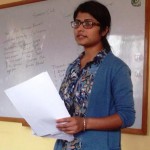
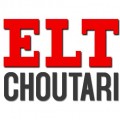 If you are willing and able to dedicate some time to a professional community, Choutari is for you. Choutari is for you if you are excited by the impact you can make on the professional lives of English language teachers across the country (and also across the world) with the power of volunteerism, with your technological skills, with collaboration and networking. Choutari is for you if you want to add a line on your resume, and want to fill that line (or say a paragraph) with meaning and substance. It is certainly not “being on board” that counts: it is what you do after you get on board. First, editorial colleagues take turns to be monthly coordinators (you may need to take one or two turns during the year). The coordinators request other editors to collect materials, as well as collecting contributions themselves. They start conversations early in the month before their turn with the editorial group (by email and Facebook), developing their theme and ideas. And toward the end of the month, before publication, they get help from the rest of the team to improve and copy edit all materials. They pass on the baton to the next coordinator on the schedule after they publish the month’s issue. In terms of time, editors spend about 3-5 hours every month (and more if they like to run or follow conversations), and coordinators invest 5-10 hours for collecting, coordinating, improving, publishing, and promoting. If you are interested, or have questions before you can decide when to join, please do not hesitate to send them at eltchoutari at gmail.
If you are willing and able to dedicate some time to a professional community, Choutari is for you. Choutari is for you if you are excited by the impact you can make on the professional lives of English language teachers across the country (and also across the world) with the power of volunteerism, with your technological skills, with collaboration and networking. Choutari is for you if you want to add a line on your resume, and want to fill that line (or say a paragraph) with meaning and substance. It is certainly not “being on board” that counts: it is what you do after you get on board. First, editorial colleagues take turns to be monthly coordinators (you may need to take one or two turns during the year). The coordinators request other editors to collect materials, as well as collecting contributions themselves. They start conversations early in the month before their turn with the editorial group (by email and Facebook), developing their theme and ideas. And toward the end of the month, before publication, they get help from the rest of the team to improve and copy edit all materials. They pass on the baton to the next coordinator on the schedule after they publish the month’s issue. In terms of time, editors spend about 3-5 hours every month (and more if they like to run or follow conversations), and coordinators invest 5-10 hours for collecting, coordinating, improving, publishing, and promoting. If you are interested, or have questions before you can decide when to join, please do not hesitate to send them at eltchoutari at gmail.

